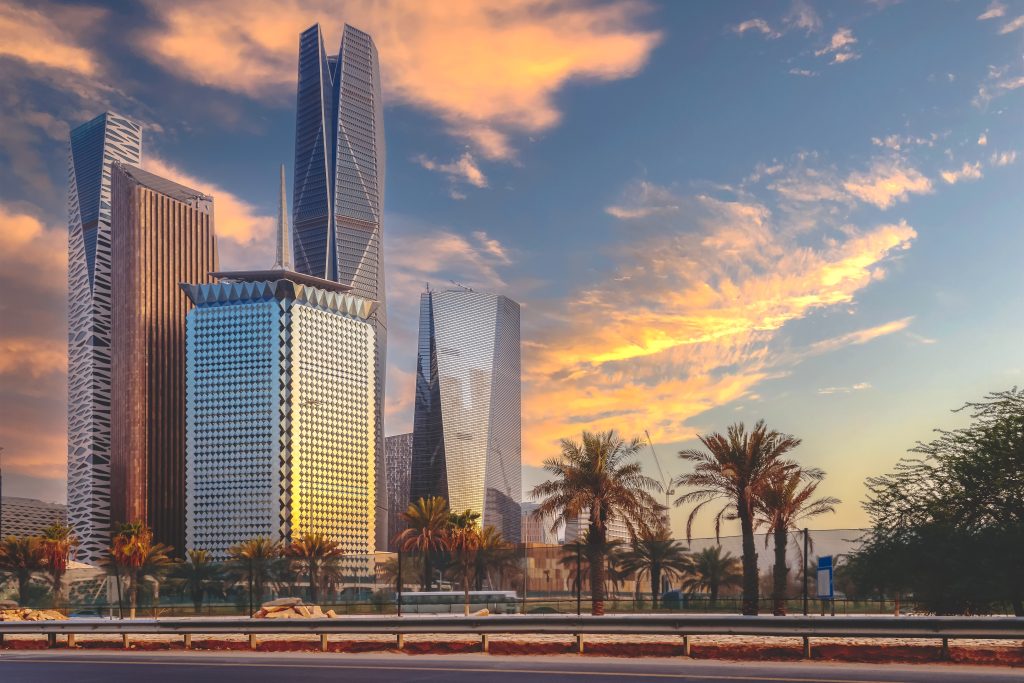The Kingdom of Saudi Arabia has undertaken a significant legal reform by introducing its inaugural Civil Code, which came into force in December 2023. This strategic move is poised to substantially reshape the nation’s business domain, as indicated by insights from industry experts.
With the unveiling of the Civil Code, Saudi Arabia has set a new precedent in its legal operations, creating a fertile ground for substantial business growth within its borders.
Alex Nicholls, Director of Expansion at AstroLabs, expressed enthusiasm for the kingdom’s progressive stance and acknowledgment of the necessities of expanding businesses. Nicholls commended the code for fostering an environment that positions Saudi Arabia as a primary location for business growth, instilling a sense of security and stability crucial for investment.
Legal practitioners point out that the Civil Code brings much-awaited lucidity and uniformity to the legal framework overseeing commercial and civil dealings. Before the introduction of this code, business contracts in Saudi Arabia were typically subject to the broad and interpretative nature of Sharia law. Christian Both, a Partner at Addleshaw Goddard, highlighted that this lack of specificity led to legal ambiguity, with judges making determinations on a case-by-case basis without the guidance of binding precedents.
Both further noted that the Civil Code is a fundamental legislative piece that cultivates legal certainty and bolsters the trust and confidence of both domestic and international enterprises. This, in turn, is expected to reduce disputes and promote smoother business operations.
European investors, in particular, stand to gain from the Civil Code due to its resemblance to the civil transaction laws in their own countries. According to Both, this similarity will enhance the country’s investment appeal.
The Civil Code represents a milestone in Saudi Arabia’s legal modernization, as Anton Mikel, a partner at Legal Advisors Abdulaziz Alajlan & Partners, affiliated with Baker & McKenzie, explained. The code codifies Sharia principles into a systematic framework, allowing for a more predictable business climate.
Rami Bou Raad, a senior associate at the firm, reflected on Saudi Arabia’s efforts over the past decade to align its legal system with international standards, an initiative integral to Vision 2030. This has involved setting up new commercial courts and enacting laws based on international norms.
The Civil Code’s introduction is the latest advancement in this modernization initiative, safeguarding parties’ rights in civil transactions by establishing a transparent framework for understanding rights and obligations, thereby ensuring smooth commercial interactions based on a fair and predictable system.
However, the law’s effect on the recovery of damages has been nuanced. Bou Raad explains that under Saudi law, recoverable damages for a breach of contract must be actual, direct, and quantifiable. Although courts have discretion over what constitutes actual and direct damage, there must be a high degree of certainty that the loss is quantifiable and directly results from the breach.
Alongside the introduction of the Civil Code, Saudi Arabia recently implemented its regional headquarters mandate, compelling companies to relocate their headquarters to the kingdom or risk missing out on government contracts. This initiative has already attracted over 200 global companies, including industry giants such as Apple, Google, and Siemens, to establish their regional headquarters in Riyadh by the end of 2023.
This mandate, according to Nicholls, encourages a deeper commitment to the local market, culture, and business ecosystem, leading to more sustainable and mutually beneficial business relationships.
The Civil Code has stimulated an upward trend in interest from companies across various sectors, all of which are pivotal to Vision 2030. The kingdom’s ambitious megaprojects, coupled with long-term tax and visa incentives, are now more accessible to foreign talent and investment. These developments are instrumental in advancing Saudi Arabia’s goals of diversifying its oil-dependent economy and generating employment opportunities.
As Saudi Arabia opens doors to unprecedented opportunities within one of the world’s most rapidly evolving economies, the new Civil Code stands as a significant legal development, inviting businesses to harness their potential as catalysts for Vision 2030.
